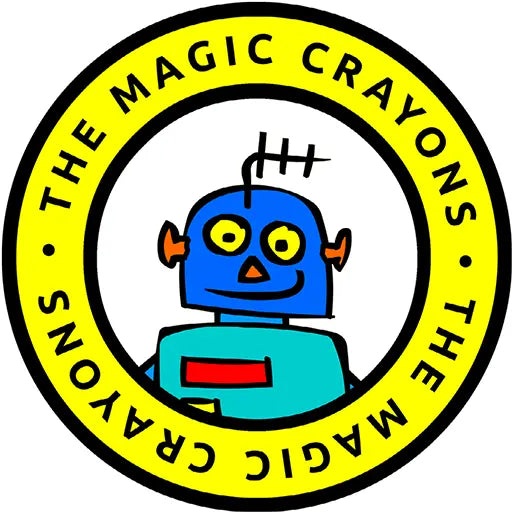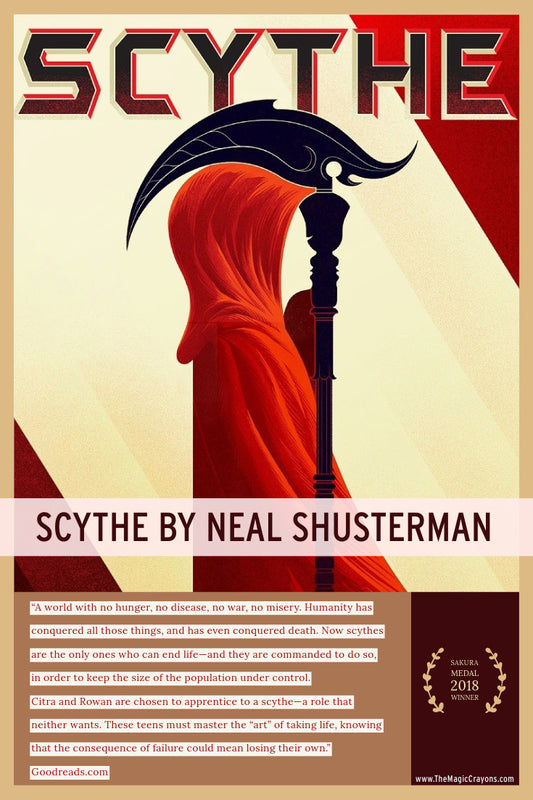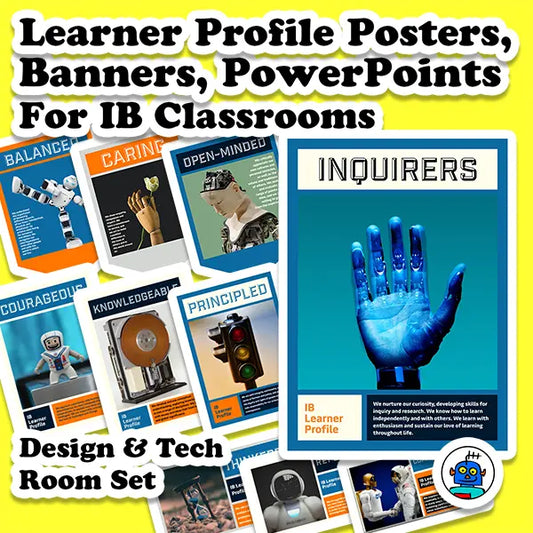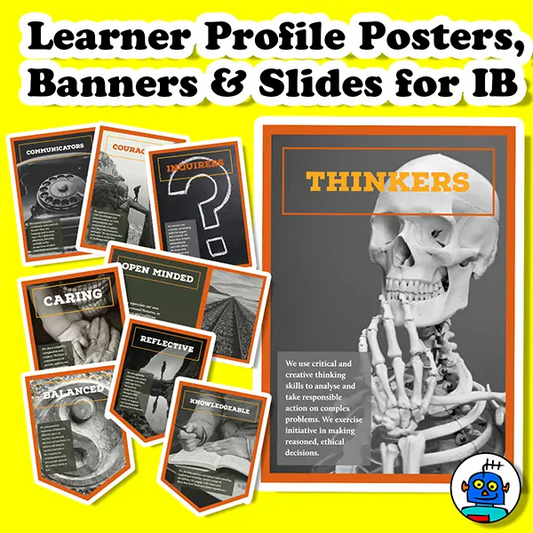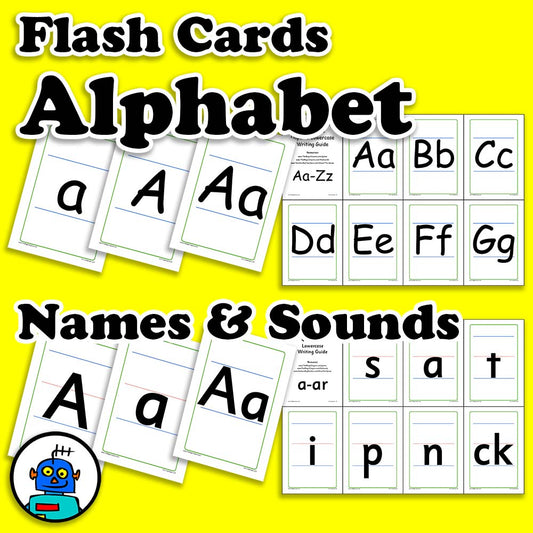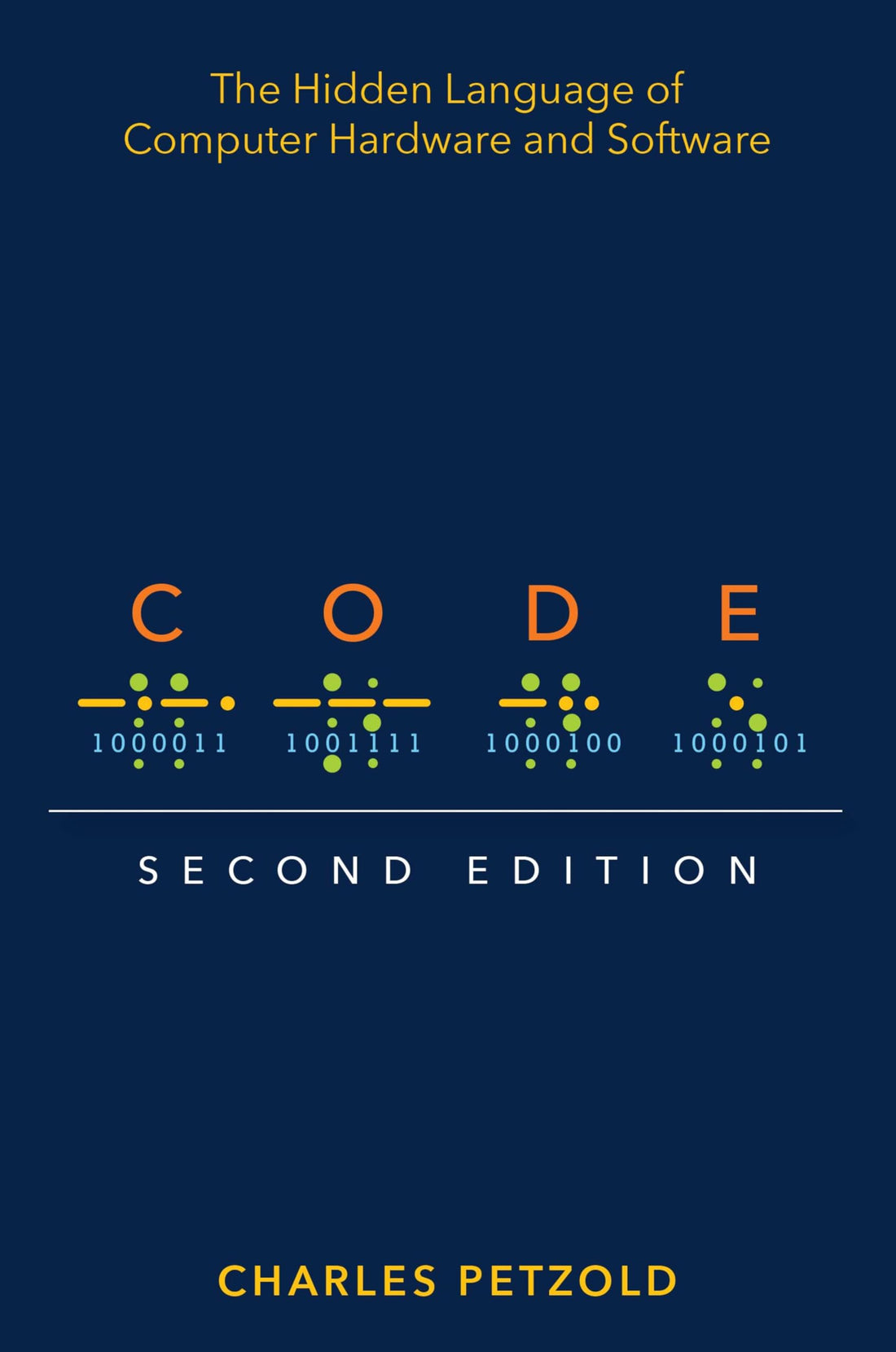
Top Resources to Learn How Computers Work: A Guide for Students and Teachers
Top Resources to Learn How Computers Work: A Guide for Students and Teachers
In response to frequent questions about computer architecture and system fundamentals, here is a curated guide for students and teachers. Inspired by this Reddit post, this list highlights highly recommended books, courses, and videos — all suitable for middle and high school learners. I’ll keep this list updated over time.
Recommended YouTube Channels & Playlists
-
Ben Eater’s 8-bit Breadboard Computer
Watch on YouTube
A beginner-friendly, step-by-step build of a computer using breadboards. -
Computerphile
Visit Channel
Breaks down complex computing topics into digestible videos. -
Core Dumped
Visit Channel
Great for beginners — explores electronics and programming basics. -
CrashCourse Computer Science
View Playlist
A full CS course with animations, ideal for high school students. -
Geoffrey Messier – Computer Architecture
Watch Playlist
Explains the journey from binary to CPUs. -
Sebastian Lague & Mattbatwings
Creative projects (including Minecraft computers!) for visual learners.
Essential Books & Websites
-
CODE by Charles Petzold – Buy on Amazon
Ideal for total beginners. Builds foundational knowledge from first principles. -
Nand2Tetris – Visit Site
A legendary course — build a computer from logic gates to OS. - The Micro Revolution by Peter Laurie – Amazon
-
SICP – Structure and Interpretation of Computer Programs
Amazon | Read Online - NandGame – Play Now
- The Pattern on the Stone by Daniel Hillis – Amazon
- But How Do It Know? – Amazon
- Digital Logic Sim (DLS) – Try on itch.io
Advanced Learning Resources
- Marr’s Three Levels of Analysis – Read Here
- Computer Systems: A Programmer’s Perspective – Amazon
- Computer Architecture by Hennessy & Patterson – Amazon | Google Books
Games & Interactive Tools
-
Turing Complete
Available on Steam
Build a computer from scratch using logic gates — incredibly fun and educational.
This list will evolve as new tools and books emerge. If you have suggestions or questions, feel free to reach out.
Looking for classroom-friendly resources? Visit our Technology & Computing section.
